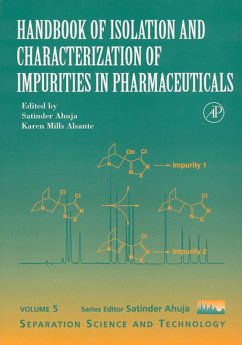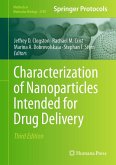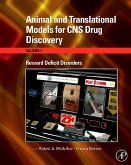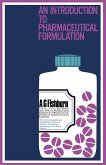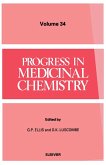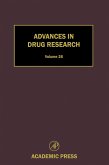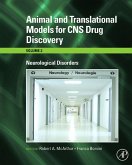Identifying process-related impurities and degradation products also helps us to understand the production of impurities and assists in defining degradation mechanisms. When this process is performed at an early stage, there is ample time to address various aspects of drug development to prevent or control the production of impurities and degradation products well before the regulatory filing and thus assure production of a high-quality drug product.
This book, therefore, has been designed to meet the need for a reference text on the complex process of isolation and characterization of process-related (synthesis and formulation) impurities and degradation products to meet critical requlatory requirements.
It's objective is to provide guidance on isolating and characterizing impurities of pharmaceuticals such as drug candidates, drug substances, and drug products. The book outlines impurity identification processes and will be a key resource document for impurity analysis, isolation/synthesis, and characterization.
- Provides valuable information on isolation and characterization of impurities.
- Gives a regulatory perspective on the subject.
- Describes various considerations involved in meeting regulatory requirements.
- Discusses various sources of impurities and degredation products.
Dieser Download kann aus rechtlichen Gründen nur mit Rechnungsadresse in A, B, BG, CY, CZ, D, DK, EW, E, FIN, F, GR, HR, H, IRL, I, LT, L, LR, M, NL, PL, P, R, S, SLO, SK ausgeliefert werden.

